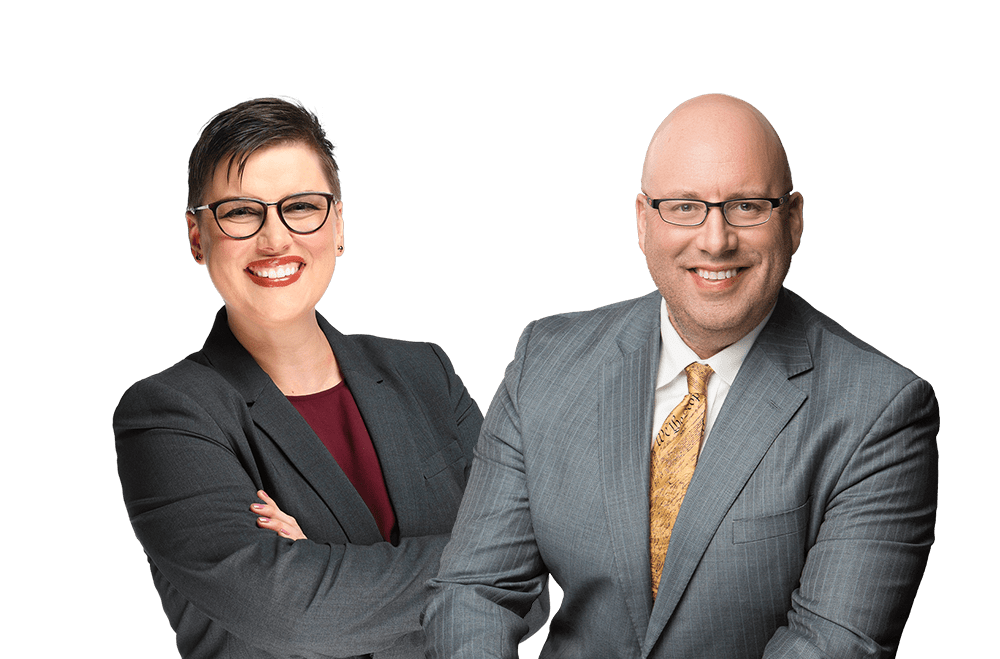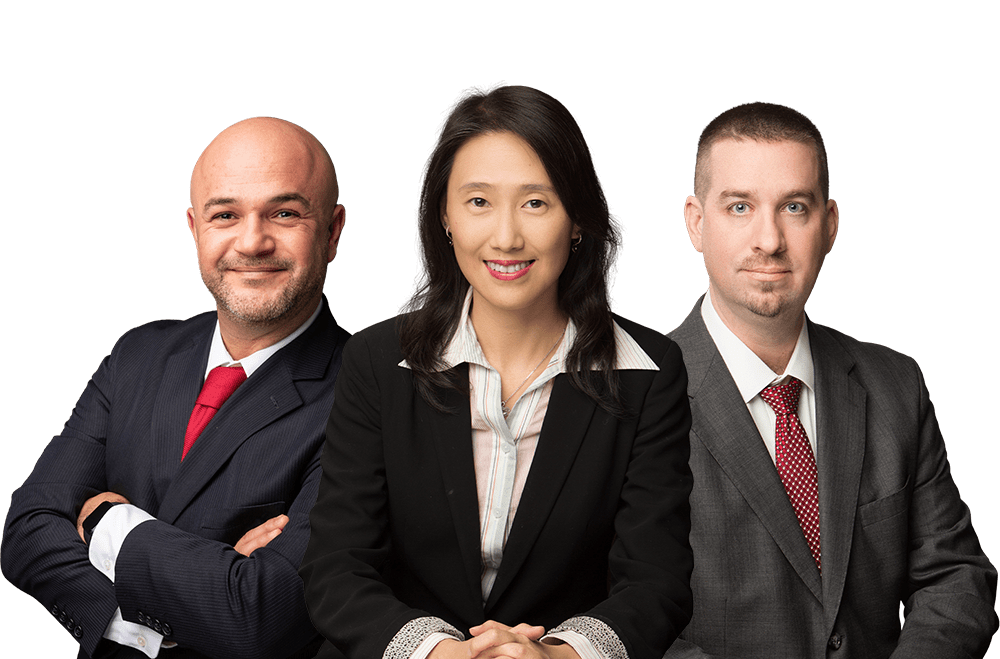Qatar and Republic of Korea Sign Agreement to Enhance Qatar's IP and Innovation Ecosystem
On December 14, the Ministry of Commerce and Industry of Qatar (MOCI) signed an agreement with the Ministry of Intellectual Property of the Republic of Korea and the Korea Intellectual Property Strategy Agency (KISTA), to further enhance Qatar's IP and innovation ecosystem, in line with the Qatar National Vision 2030 and the Third National Development Strategy (QNA).
EPO Statistics Show Increase in Unitary Patents
Since the launch of the Unitary Patent system on June 1, 2023, over 75 000 European patents with unitary effect have been registered by the EPO. Unitary Patents provide patent protection in 18 EU Member States with a single request, a single translation and a single renewal fee. Based on the average number of granted European patents per year, about one out of four European patents have been transformed in Unitary Patents. Almost one third of all requests have come from SMEs and 8% came from universities.
Congrats to Newly Appointed INTA Committee Members
Congratulations to Carlyn Burton, Motasem Abu Ghazaleh and Dionne Heard on being appointed to serve on INTA committees for the 2026–2027 term.
USPTO Issues New Guidance on AI-Assisted Inventorship, Rescinding Its 2024 Guidance
On November 28, 2025, USPTO Director John Squires issued new guidance on AI-assisted inventorship and explicitly rescinded the February 13, 2024, guidance that had been issued by his predecessor Director Vidal. At issue is what human activity rises to the level of inventorship when a human uses an AI tool in a manner that results in an invention.
Is Writing Your Own Dictionary Dangerous? Yes.
While a patent practitioner's work may not qualify for hazard pay, significant responsibilities include imagining how a patent may be interpreted in the future and avoiding potential negative consequences arising from the words the practitioner used to describe an invention. A powerful tool in a patent professional's drafting toolbox is the ability to assign a particular definition to any term used in a patent – to act as a "lexicographer." As a lexicographer, a patent drafter has the ability to simply restate the common meaning of a term for clarity or to assign an alternate – such as an expanded or narrowed – meaning to the term. The ability to act as a lexicographer is especially useful when the drafter wishes to use a term differently than the term's "ordinary and plain meaning," but can have unintended consequences when careful attention is not given to the specific use of terminology throughout a patent specification.
"Doing the Right Thing: Ethical Responsibilities in IP Practice"
All registered patent attorneys and patent agents (registered practitioners), as well as attorneys practicing in trademark and other non-patent law matters before the USPTO, are bound by the ethical standards set forth in USPTO Rules of Professional Conduct, 37 C.F.R. § 11.101. The key ethical rules include some fundamental basics such as: 1.) Do not lie, cheat, or steal. 2.) Do not take on work you do not feel that you are competent to perform. 3.) Avoid conflicts of interest in which a new client is opposed to a current or former client.
Insights Into the AIPLA 2025 Annual Meeting
This year, the American Intellectual Property Law Association (AIPLA) hosted its Annual Meeting in downtown Washington, D.C. Though each session of the Meeting was devoted to a different substantive topic, nearly every session had one thing in common: a discussion about how artificial intelligence (AI) is affecting that area of intellectual property (IP) practice. AI-related discussions included "hot topics" in AI, AI-assisted inventorship, what copyright-friendly jurisdictions are best suited for training artificial intelligence models using copyrighted material, how to prosecute AI-related inventions when rejected under 35 U.S.C. § 101, among a long list of other topics relating to AI.
CNIPA Releases Amendments to Patent Examination Guidelines Effective January 1, 2026
The China National Intellectual Property Administration (CNIPA) recently released amended Patent Examination Guidelines that will take effect on January 1, 2026. The amendments cover a wide range of topics, including new requirements for inventor identity, ethical standards for inventions involving artificial intelligence (AI), standards for disclosure and inventiveness of algorithm or data-related inventions, examination of inventions involving bitstreams, patent protection scope for plant varieties and biological breeding, and improvements to invalidation procedures.
UAE Rolls Out Online Platform For Listing and Trading Trademarks
On November 26, the UAE Ministry of Economy and Tourism announced the launch of the new trademark platform "TM Market Place". The Platform is a result of collaboration between the Ministry of Economy and Tourism and the UAE Government Leaders Program, and it is the first of its kind in the Gulf.
Saudi Authority For IP Becomes a DAS Accessing Office
Effective September 1, 2025, the Saudi Authority for Intellectual Property (SAIP) joined the World Intellectual Property Organization's (WIPO) Digital Access Service (DAS) as an Accessing Office.




